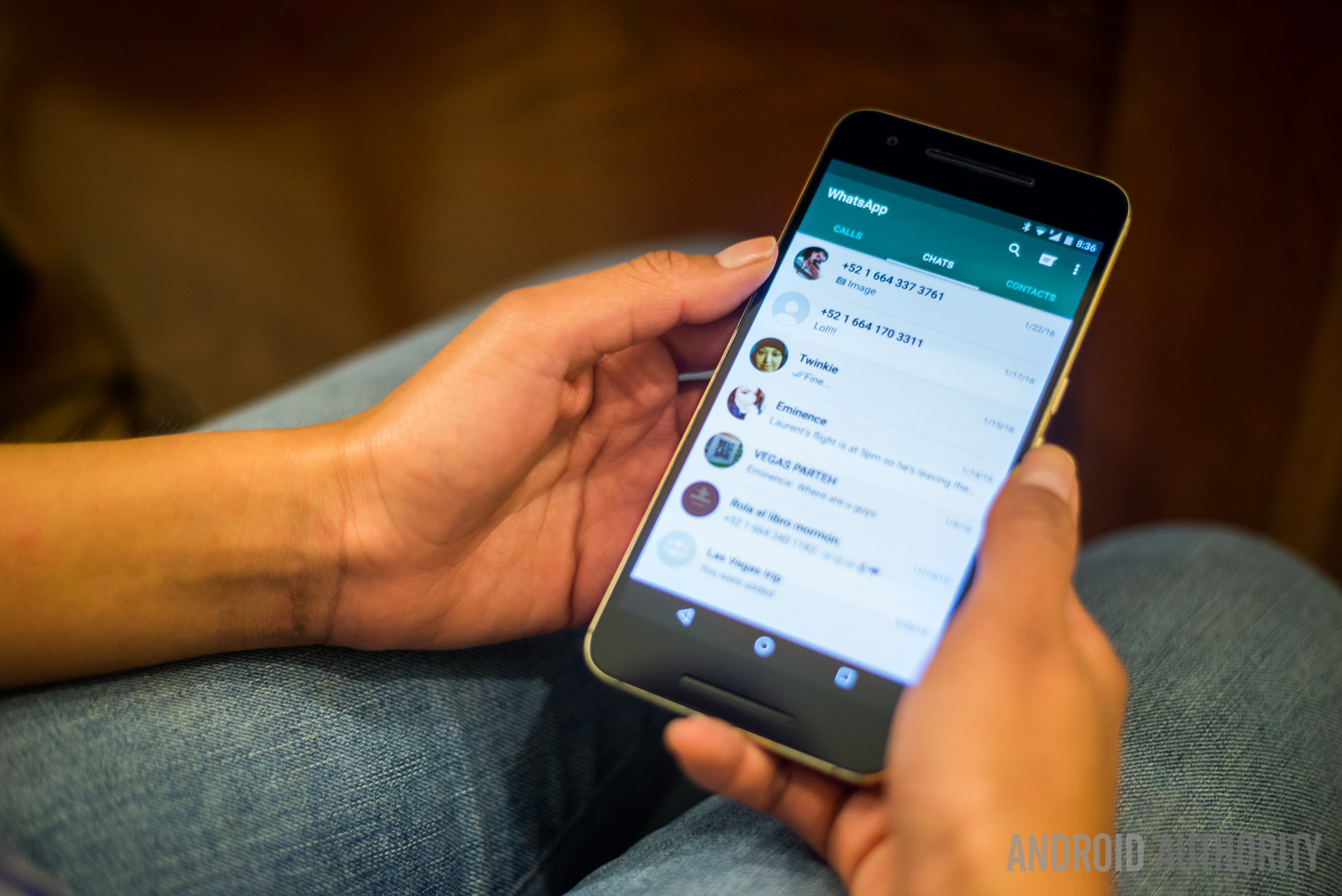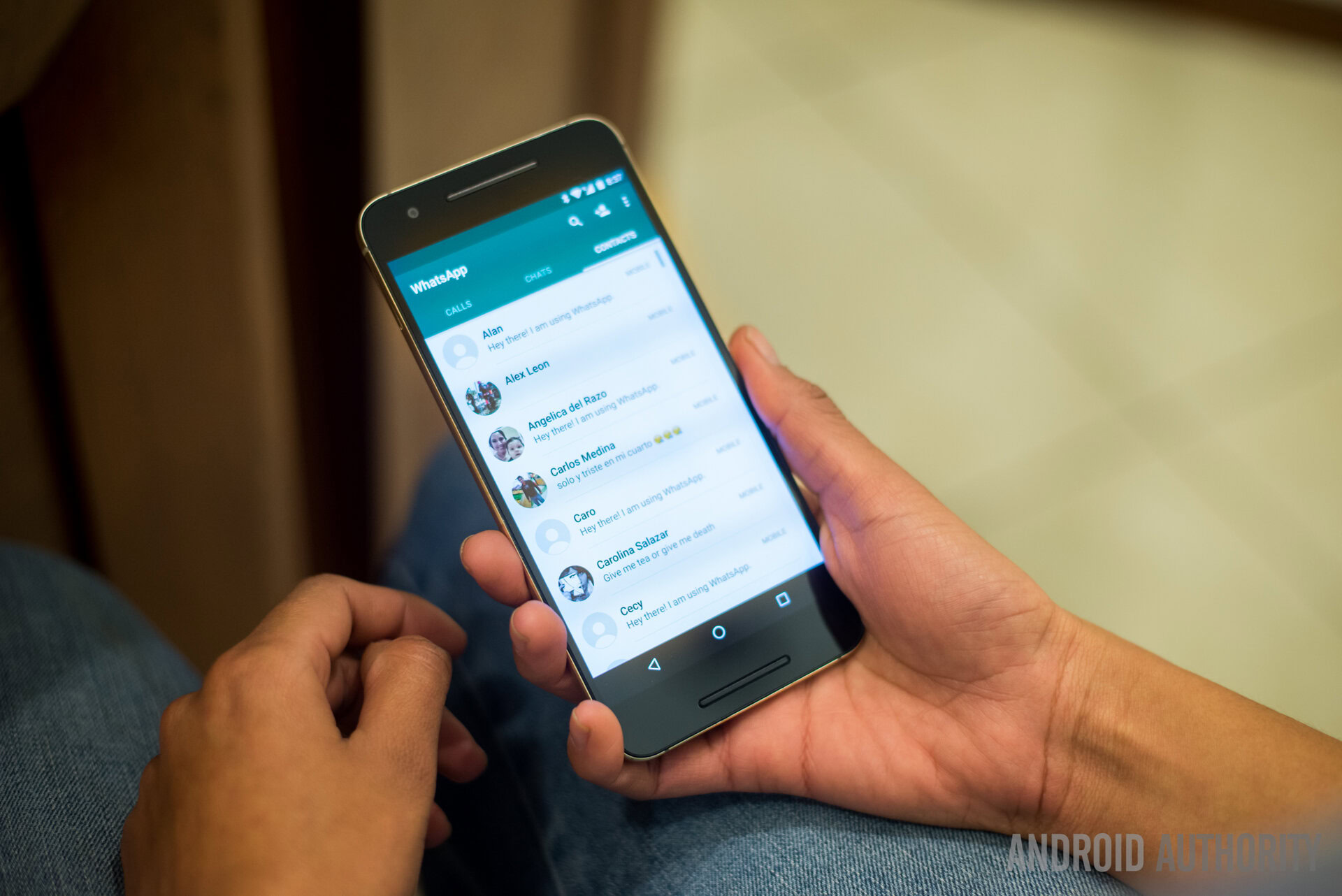Affiliate links on Android Authority may earn us a commission. Learn more.
(Update: Opt-out available) New privacy policy allows WhatsApp to share phone numbers with Facebook
August 26, 2016

WhatsApp users who are concerned about the changes to the privacy policy and Facebook data sharing needn't worry too much, as there are a couple of easy ways to opt of out of the data sharing scheme, at least for now. Fortunately, they're both pretty simple too.
The first method is to simply hit the "read more" box that appears at the very bottom of the page when the updated terms and conditions appear. When you click on it you should be able to find a check box that says "Share my WhatsApp account information with Facebook…". Uncheck it and accept the terms and conditions.
It's likely that many users have already accepted the new terms, but all customers have 30 days to opt out of the data sharing via WhatsApp's settings menu as well. Head into the settings menu, click the account tab, and uncheck the box marked "Share my account info". Done.
Original: August 25th
Today, WhatsApp has updated its privacy policy for the first time since the company’s acquisition by Facebook back in 2014. As you might imagine, there’s now a bit of cross over between the two platforms. More specifically, the company plans to improve targeted advertising on Facebook by making use of data collected from WhatsApp.
The messaging service will now share a limited amount of user data with Facebook, including the phone number that you use to register with the service. Facebook claims that sharing this data between the two platforms will help the company target advertisements more effectively, make better friend suggestions, and help to combat spam, apparently.
“We won’t post or share your WhatsApp number with others, including on Facebook, and we still won’t sell, share, or give your phone number to advertisers.” – WhatsApp
However, future plans could go much further than that. The company has stated that it is looking to explore ways in which businesses can contact customers using WhatsApp. Examples include a bank warning a customer about a possible fraudulent transaction, an airline letting a customer know about a delayed flight, or marketing messages for discounts. There are, of course, concerns about businesses using this information to spam users, but WhatApps plans to allow users to manage these types of communications. Facebook Messenger already allows for similar communications.

For Facebook users, this data sharing will be very familiar. But long running WhatsApp users who loved the free, unobtrusive nature of the service are quite likely to be disappointed. Especially as Facebook promised that the two services would remain independent. You can read more about the key privacy changes at this link.